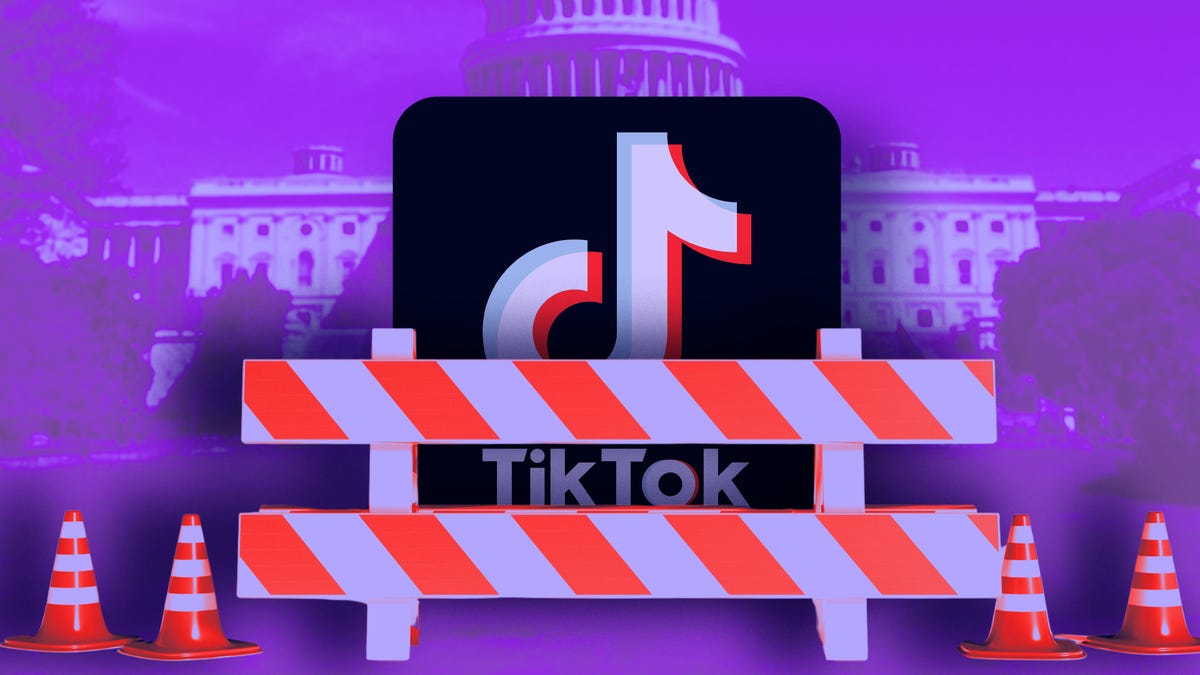TikTok Sues US Government, Saying a Potential Ban Violates First Amendment
The social media company says its popular app is an essential platform for free expression.

TikTok is suing the US federal government over a law that would force it to be sold.
TikTok is suing the US government to block a new law that would force its China-based owner to sell the app or face a nationwide ban. In a lawsuit TikTok said it filed Tuesday, the company said a forced sale is "is not commercially, technologically or legally feasible," and that the bill signed into law last month would force TikTok to shut down on Jan. 19, 2025.
"For the first time in history, Congress has enacted a law that subjects a single, named speech platform to a permanent, nationwide ban, and bars every American from participating in a unique online community with more than 1 billion people worldwide," the company said in its 67-page lawsuit. "Banning TikTok is so obviously unconstitutional."
A representative for the US Department of Justice declined to comment.
TikTok's efforts to fight the ban represent another escalation in the years-long political fight over one of the most popular social networks on the planet. The US government, under former President Donald Trump and current President Joe Biden, has argued that TikTok parent company ByteDance's connections to the Chinese government make the TikTok app a national security risk. TikTok has countered not only that it has worked to address government concerns but also that its popularity and use by about half the US population make it an essential platform for free expression.
Read more: President Biden Signs Bill That Could Ban TikTok: What to Know
The short-video app is particularly popular among younger people and has become a center of online culture. Many people use it to discover music, showcase complex dance routines or discuss celebrity gossip, but others have used it to spread dis- and misinformation.
Critics have worried that the app's popularity make it a potential political tool of the Chinese government, which could use its video-recommendation technologies to sow discord and potentially interfere in US elections, among other things.
In its suit, TikTok said national security concerns were "speculative" and "fall far short of what is required when First Amendment rights are at stake."
The company also argued that the US law, which is designed to compel TikTok's sale in the face of a ban, goes against other US constitutional protections. The law violates provisions against "unlawful taking of private property without just compensation," TikTok said in its suit.
TikTok also argued that its rights to equal protection under the law mean that its ban would require corresponding bans on other platforms.
"Congress has never before crafted a two-tiered speech regime with one set of rules for one named platform, and another set of rules for everyone else," the company said in its suit.
TikTok is asking the court to rule that the law violates the US constitution, stop the US government from enforcing it, and "grant any further relief that may be appropriate."

